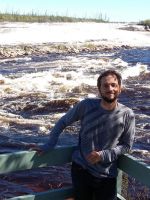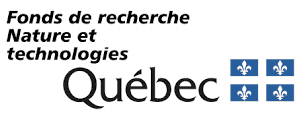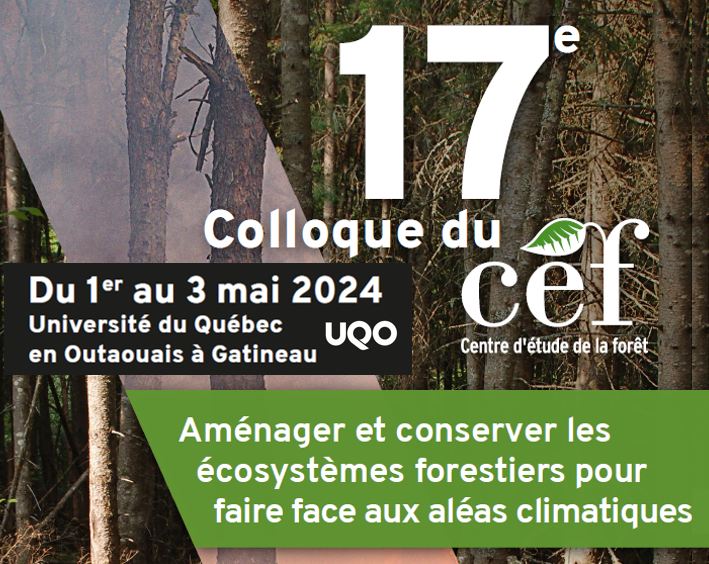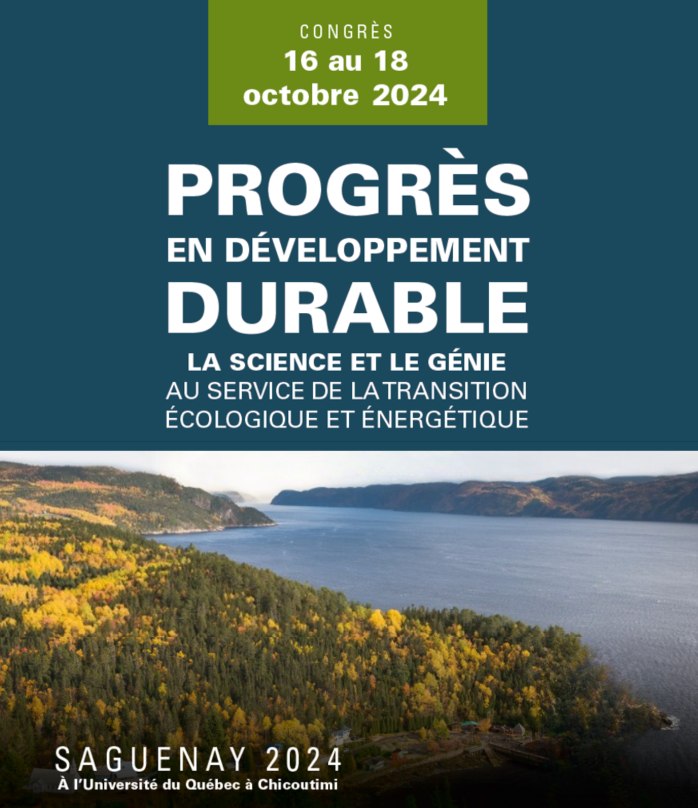Prospective Students*
There are, however, a few practical things to consider if you are interested in beginning a graduate program in my lab:
How good is your French?
Université Laval is a francophone institution. If you want to come here, you should have at least a rudimentary knowledge of French, and a strong willingness to learn French. The international scientific language is English and all writing is expected to be in English; however, daily life, many talks, 70% of lab meetings, and courses are all in French. There are ways to minimize the requirements of speaking French, by taking directed study type courses, but this reduces a lot of the opportunities and benefits offered by courses taught here. With some background in French, and an openness and willingness, doing a graduate degree here can be an opportunity to learn another language. With this, the experience here can become very rewarding, and can be an asset for future career opportunities, particularly if you plan to work in Canada.
As a Ph.D. student, there is a required 3-credit quantitative course, and 2 1-credit presentation courses (one at the start, one at the end of the degree). In principle, these should all be in French; however, my experience in the past is presentations in the initial 1-credit course can be done in English. As for the quantitative course, there are possibilities (a course at another institution, or a very rigorous directed study course), though the ideal is to take the course in French.
Other graduate students and professors are happy to speak to you in English, and about half of our seminars are in English. Conversations among more that 2 people, however, are usually in French.
Basically, the idea of learning to speak French should probably be interesting to you.
How are you going to finance this?
Basically, money is required for your own salary and for the actual research. The costs for the research component will be least expensive if your project can become part of another research project currently happening in my lab. Clearly, having your own scholarship (NSERC, FQRNT or other) is a strong asset.
The cost of living in Quebec City is relatively inexpensive compared to other Canadian cities. International tuition is currently waived by the University for Ph.D. students, meaning that international students now pay the same fees as a Quebec resident ![]() . Annual tuition is on the order of $3000 for Québec residents. French citizens automatically pay the same as Québec residents.
. Annual tuition is on the order of $3000 for Québec residents. French citizens automatically pay the same as Québec residents.
Your strengths and my strengths
When you contact me, please tell me about your interests, your strengths, particularly field experience, statistical or quantitative knowledge, level of modeling capabilities. While I have lots of ideas for projects, it is always interesting to hear how much thought you have put into the kind of project you would like to do. Eventually, the practicalities of cost and logistics may reign in some ideas, and we will likely be able to arrive at a synergistic project that uses my skills, resources and ideas with your own.











